Why we’re Probably Not as Inclusive Managers/Leaders/Peers as we think. Developing Inclusive and Culturally Intelligent Leaders
This week I had the opportunity to attend a workshop called "Inclusive Leaders" and I found it super interesting! Working in the Localization industry, this is a topic that I always carried in my heart, but, during this workshop, I realized that I am not as inclusive as I thought I was… Ooops!
What is Inclusive Leadership?
Let's go step by step to find out what Inclusive Leadership means and why it is important
In 2016 ENEI (Employers Network for Equality and Inclusion) defined inclusive leadership as: “leaders who are aware of their own biases and preferences, actively seek out and consider different views and perspectives to inform better decision-making. They see diverse talent as a source of competitive advantage and inspire diverse people to drive organisational and individual performance towards a shared vision
This definition alone already captured my attention, and I like it! since it is very related to aspects very close to the professionals that work in the Localization industry
If we add to these aspects the results of the Deloitte audit we can realize that Inclusive Leadership skills are not nice to have skills anymore, but must to have skills.
Once explained what inclusive leadership means and after understanding all the good things that will happen to us if we embrace this mindset ☺️ it is time to go to practice mode!
Taking action - what steps can we take to become more inclusive?
Clearly, professionals who work in the localization industry understand that big problems can no longer be solved by one person. We are working across boundaries with different vendors, freelancers, stakeholders. Without the proper cultural competence we can frequently end up in a situation where 1 + 1 does not multiply efforts, but even subtracts them!
To be more inclusive, the first thing we must do is embrace this statement by John C. Maxwell
"You must know yourself in order to grow yourself"
And what better way to know ourselves than to make a questionnaire about the habits that are exhibited when you practice including leadership! this definitely helps to identify our blindspots!
In this illustration, we can see what are the 6 signatures traits of an inclusive leader.
1. Cognizance
2. Curiosity
3. Cultural Intelligence
4. Collaboration
5. Commitment
6. Courage
After reflecting on these attributes and completing the questionnaire the instructor gave me during the workshop, I realized that the area where I have more room for improvement is curiosity. Understanding curiosity as
Engages in respectful dialogue”
Ask questions and actively listens
Open ideas from others
Reducing judgments and snap decisions
To be a better and more inclusive leader I need to level up my skills to make powerful question plus I needs to level up my skills of being fully present, to really practise active listening.
Creating the habit of asking open questions is something I am working on. You can check here my compilation of Open Question that I compiled in my Evernote.
Crafting the habit of understanding that when someone complains about something, deep down there is a human need that I am not meeting (Tony Robins explains it very clearly in this essay) is a behavior worth exploring, and the truth is that if we think about it, a complaint could be a suggestion in disguise!
It takes energy and deliberate effort to create an inclusive culture, and that starts with leaders paying much more attention to what we say and do.
Here are four ways for leaders to be more inclusive based on the research done
1. Know your inclusive-leadership shadow – Survey your work colleagues; ask if they view you as an inclusive leader or not. The feedback will help you see your blind spots.
2. Be visible and vocal – Spread the word on why being inclusive matters to you personally and professionally. Share this narrative in your speaking engagements.
3. Deliberately seek out difference: Make a conscious effort to engage with cross-functional or multi-disciplinary team members. Be supportive of everyone’s diverse strengths.
4. Check your impact: Ask around and see if you have a positive effect on others. Are you their role model? Does a broader, diverse network of people seek you out for ideas? Have a work mentor give you candid feedback on the areas you’ve been working on.
Creating an inclusive culture requires energy and requires self-development.
These 2 illustrations that I included below can help us have ideas about what actions we can initiate to be more inclusive in our workplace, in our way of thinking.
Creating an inclusive culture requires also being aware of practicing the habits described above in an active way, and requires repeating them until we have them fully interiorized!
Source: Above Difference
It takes time and requires effort, there is no doubt if that, but one thing is clear, including leadership and actively working towards developing our capabilities equals better results and superior performance in our diverse teams. I think it is worth investing in developing our levels of Cultural Intelligence, our levels of curiosity ... results take time to be visible, but the wait will be worth it. What do you think? What actions do you carry out that are helping you create an inclusive workplace? Please comment below and a happy week to everyone !!
@yolocalizo

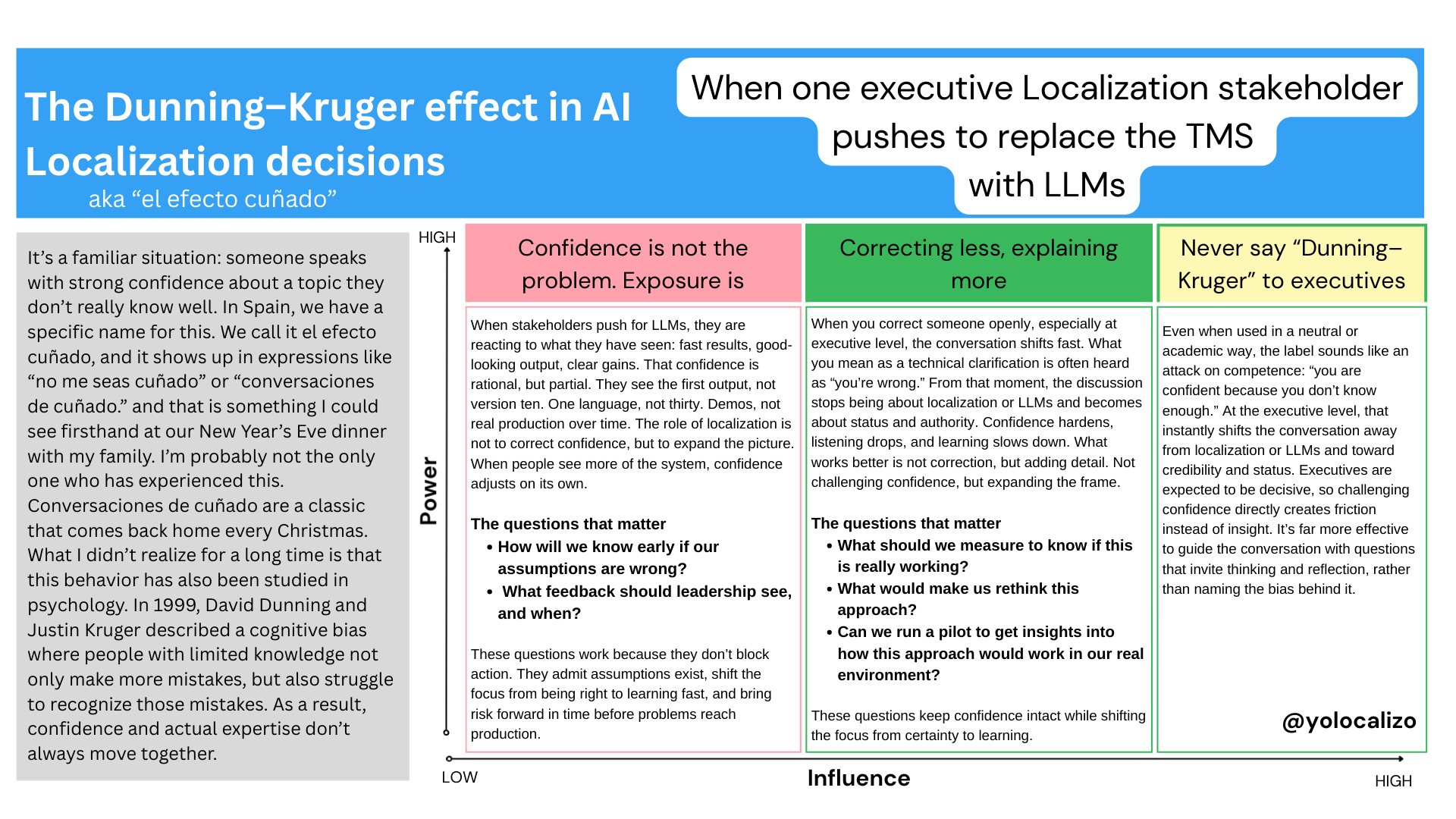


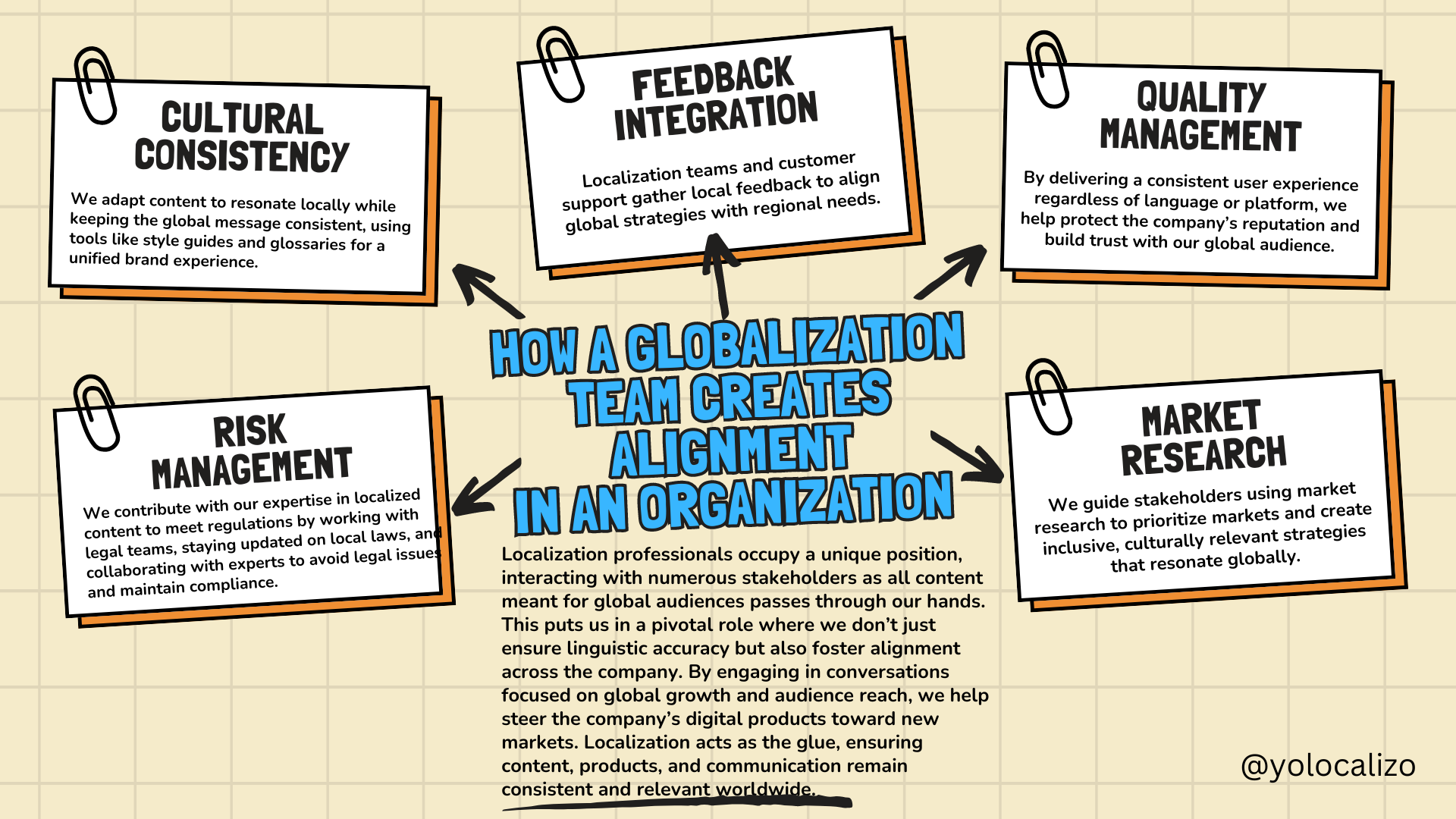
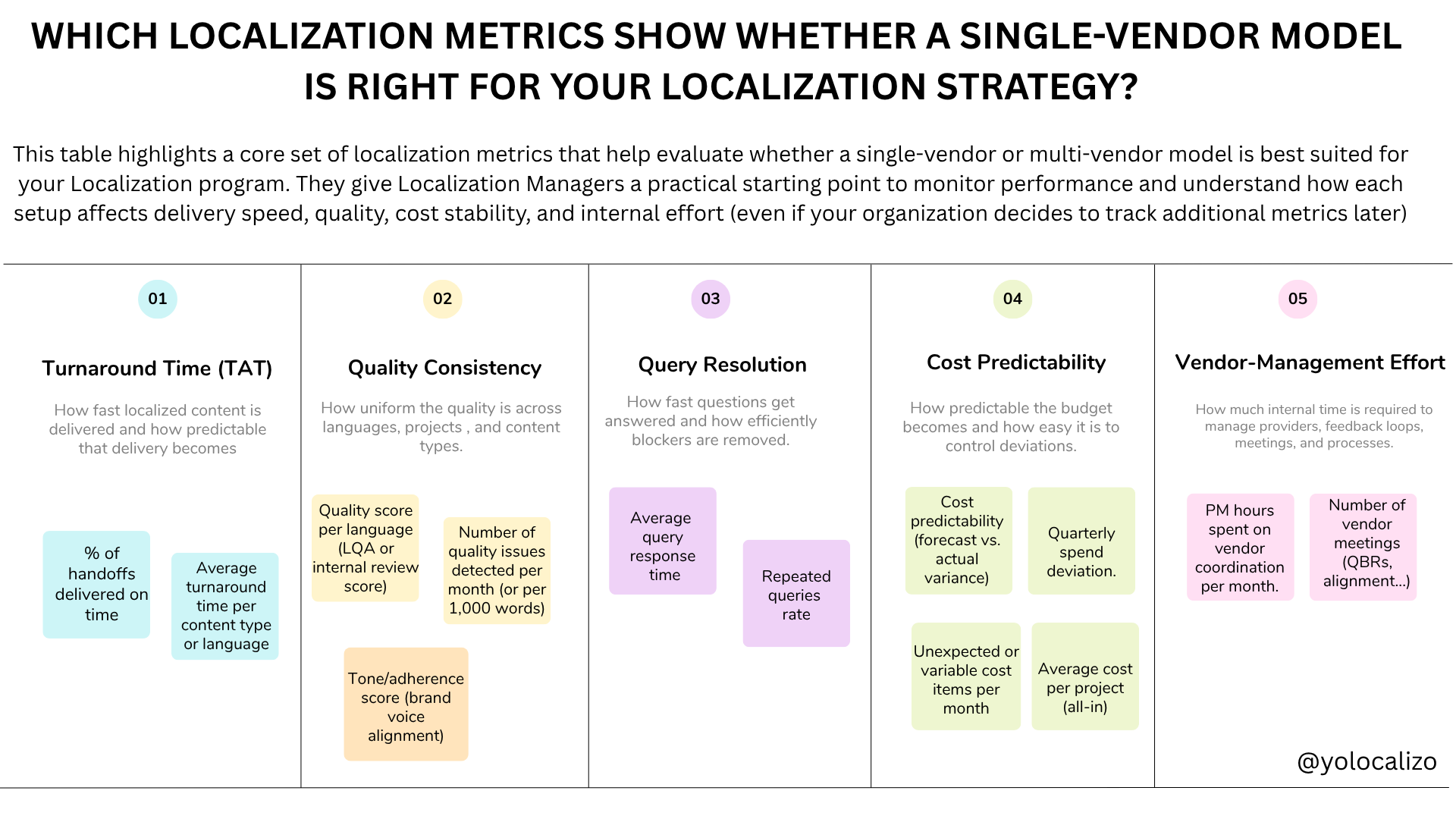





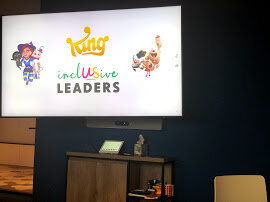





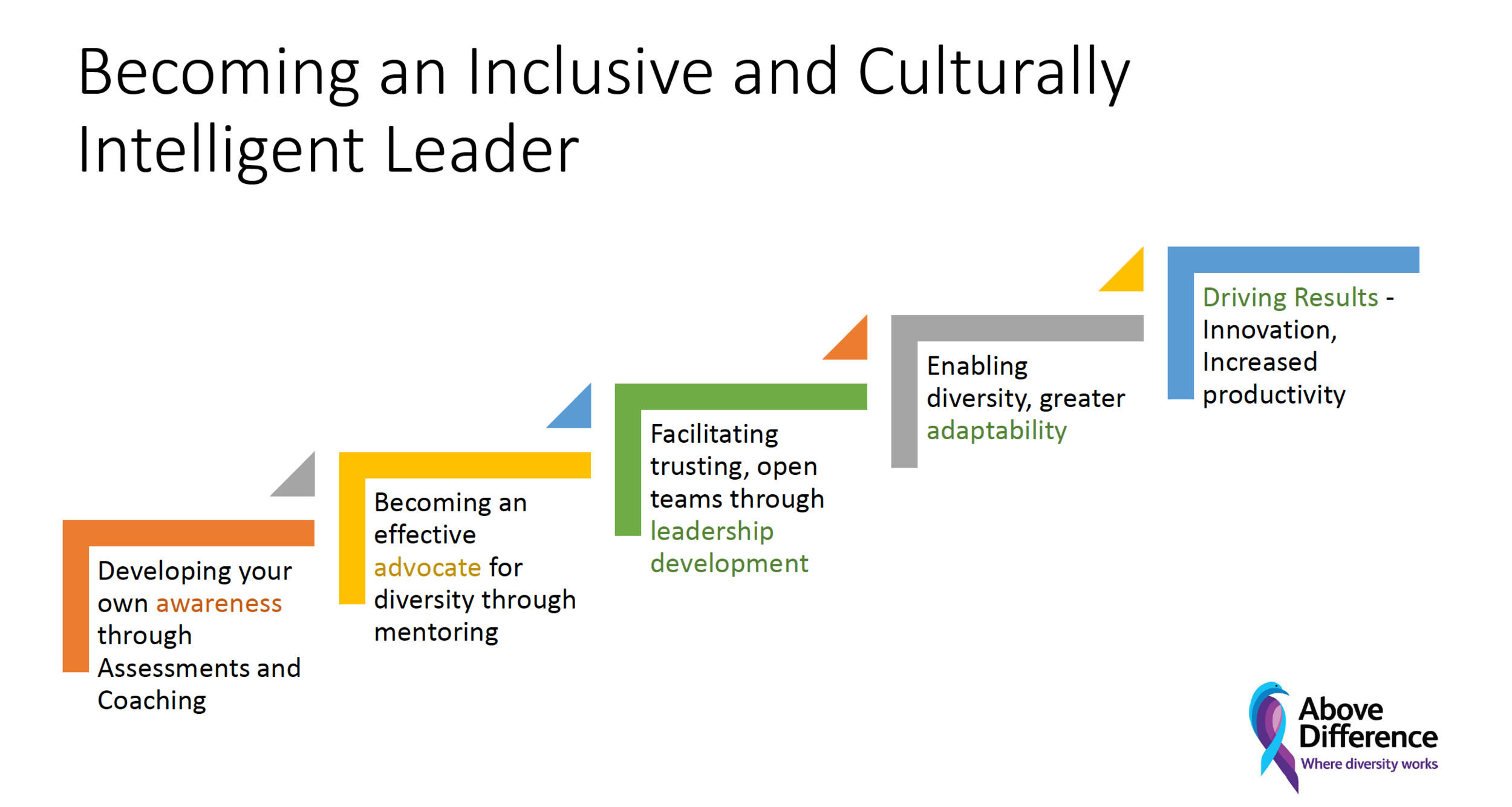
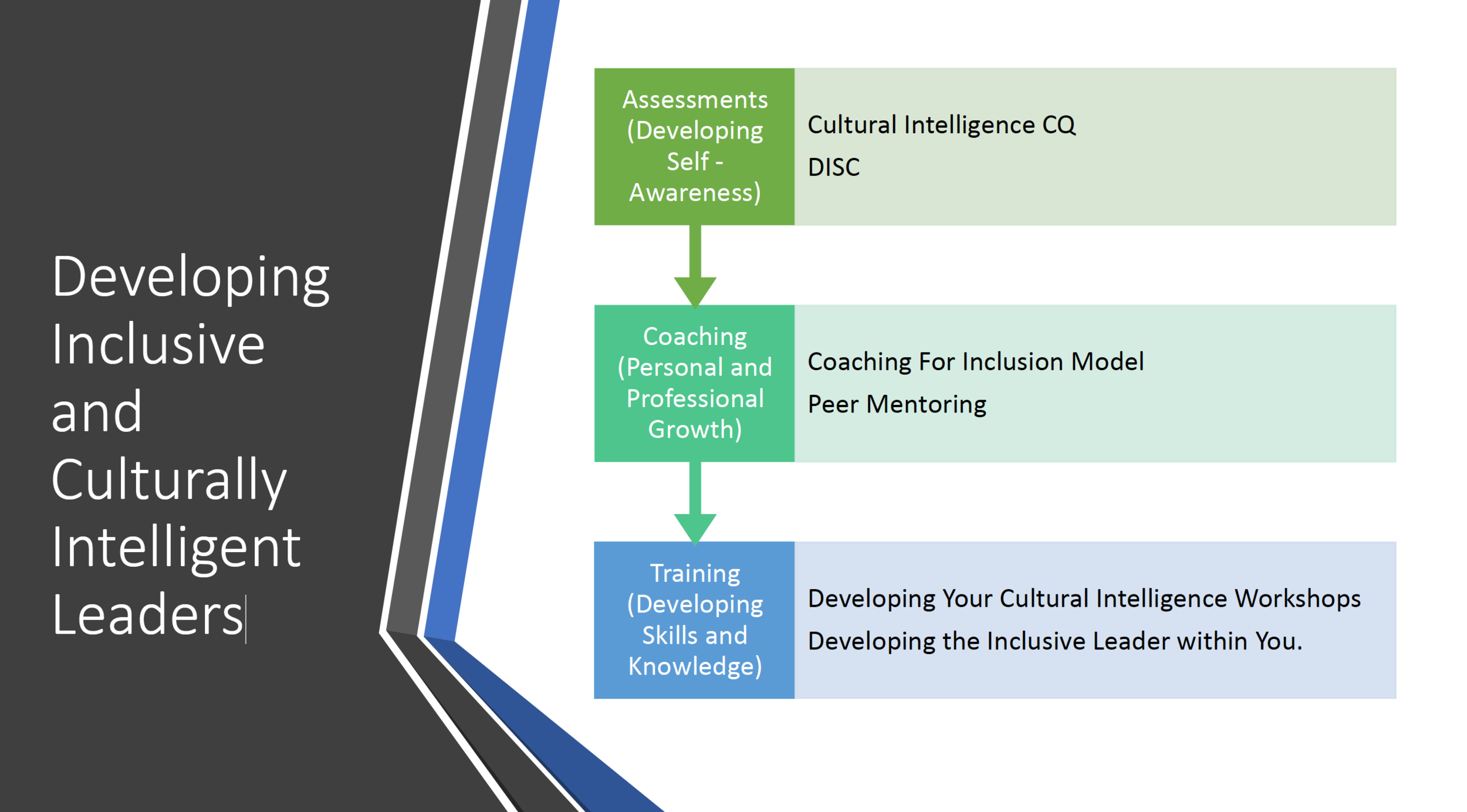


For a long time, localization was treated as a pure execution task: translate fast, deliver on time, and stay invisible. That model worked when content volumes were lower and speed was the main challenge. As AI becomes part of everyday workflows, this approach is no longer enough. Translation itself is not the hardest part anymore. The real challenge is deciding what content deserves attention and how AI fits into the broader content ecosystem. This shift highlights a deeper change: moving from simply translating content to actively managing it.